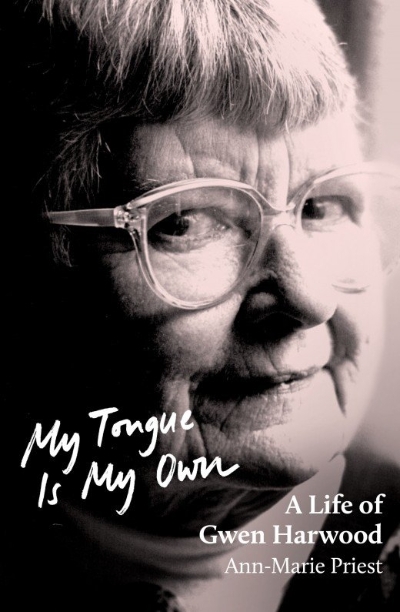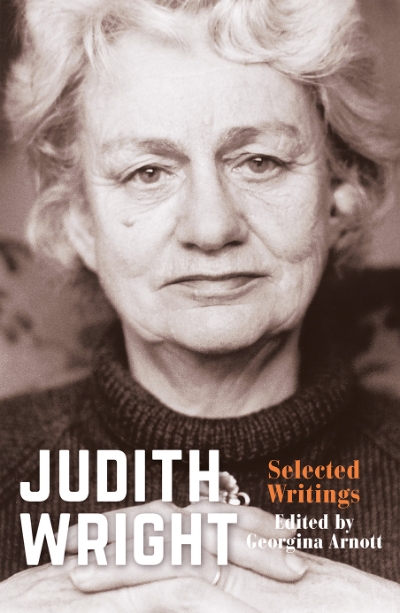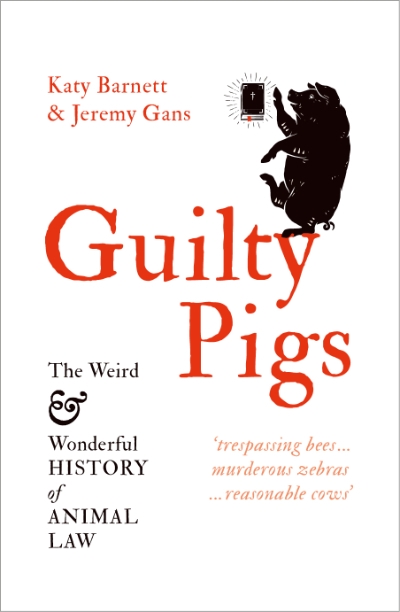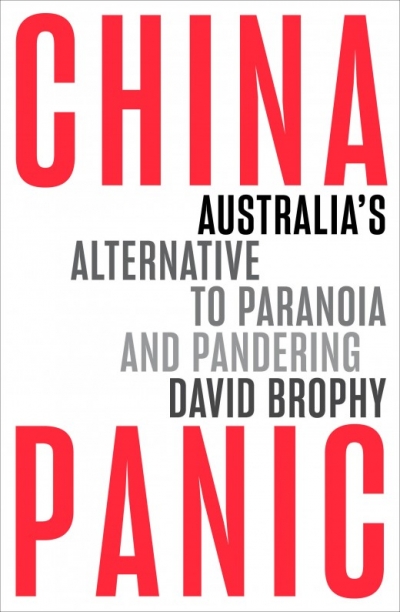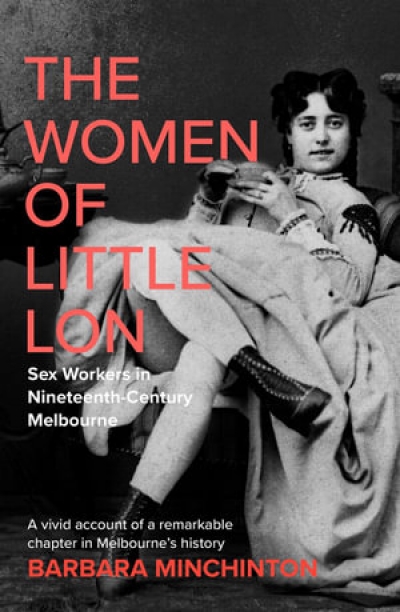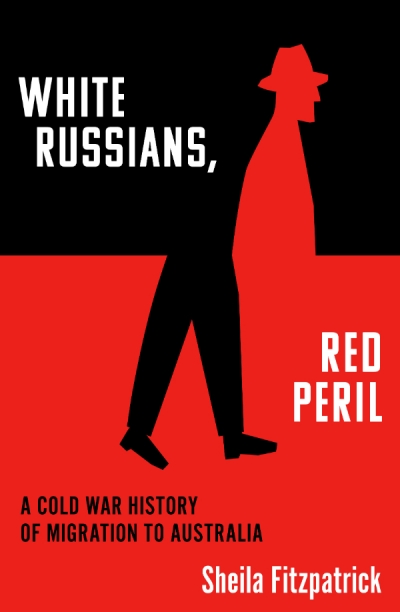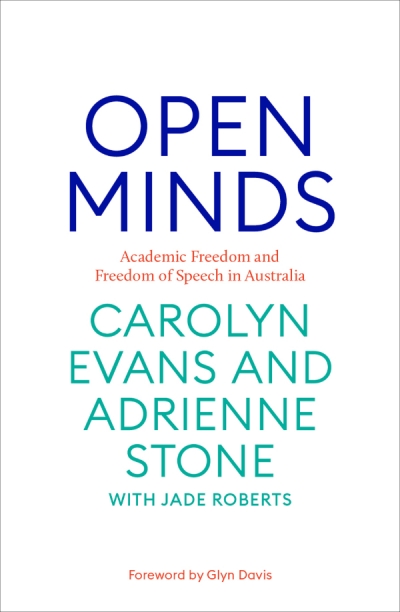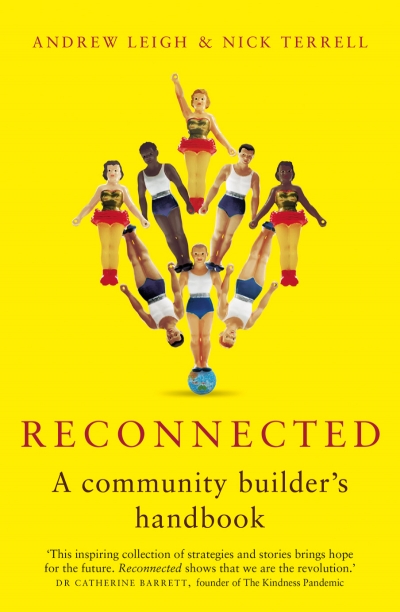La Trobe University Press
My Tongue Is My Own: A life of Gwen Harwood by Ann-Marie Priest
by Stephanie Trigg •
Guilty Pigs: The weird and wonderful history of animal law by Katy Barnett and Jeremy Gans
by Sophie Riley •
China Panic: Australia's alternative to paranoia and pandering by David Brophy
by Tim Robertson •
The Women of Little Lon: Sex workers in nineteenth-century Melbourne by Barbara Minchinton
by Paul Dalgarno •
Broken: Children, parents and family courts by Camilla Nelson and Catharine Lumby
by Kath Kenny •
White Russians, Red Peril: A Cold War history of migration to Australia by Sheila Fitzpatrick
by Stuart Macintyre •
Open Minds: Academic freedom and freedom of speech in Australia by Carolyn Evans and Adrienne Stone with Jade Roberts
by Kieran Pender •
Reconnected: A community builder’s handbook by Andrew Leigh and Nick Terrell
by Peter Mares •
The Song Remains the Same: 800 years of love songs, laments and lullabies by Andrew Ford and Anni Heino
by David McCooey •

